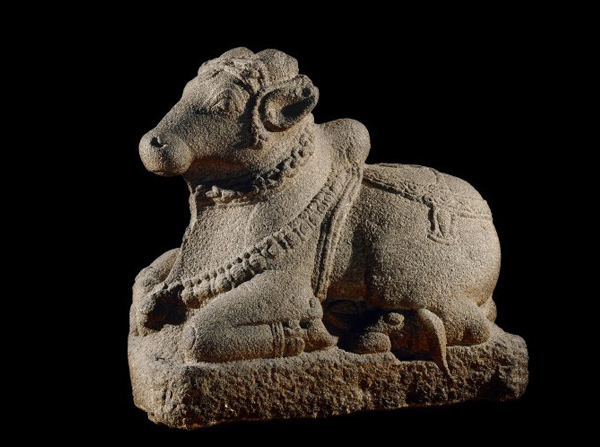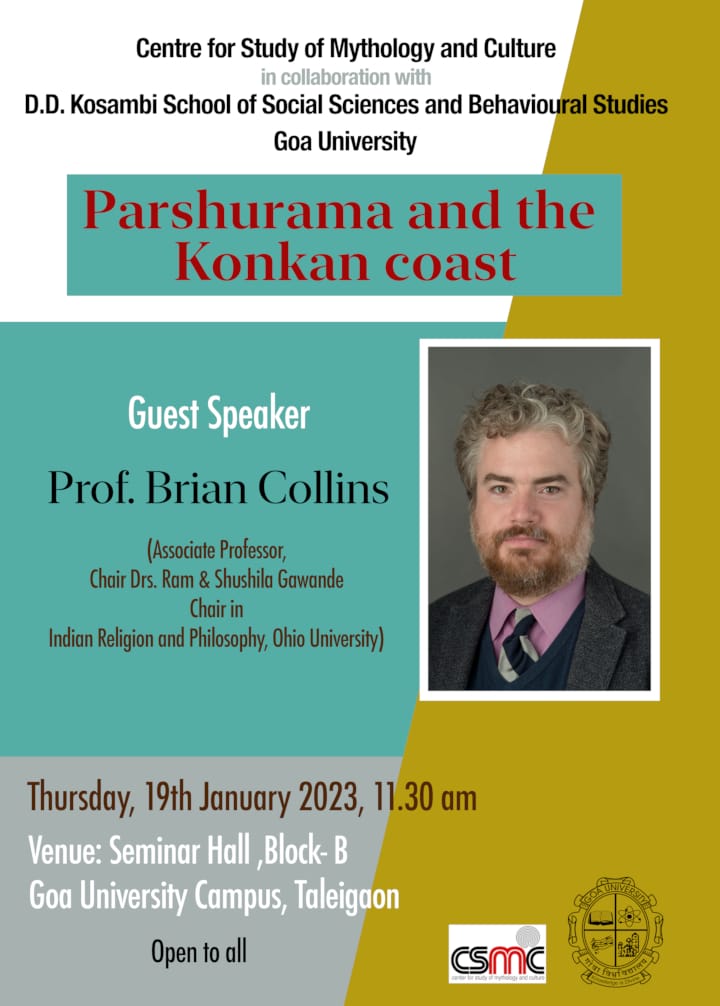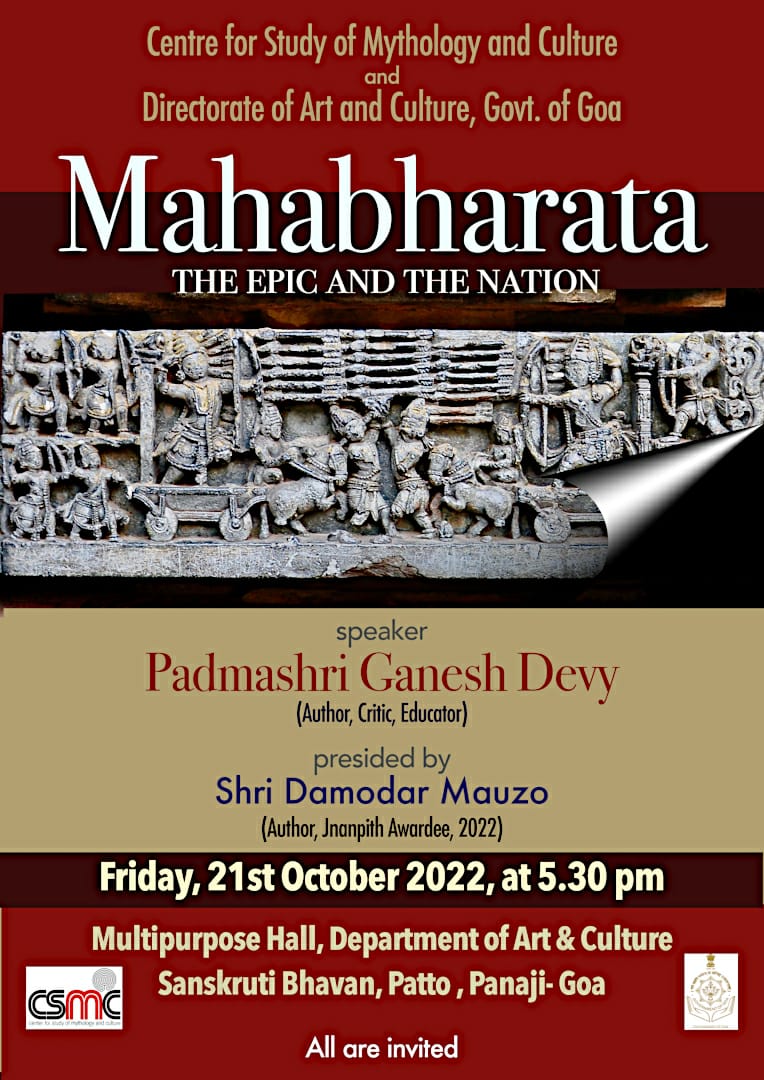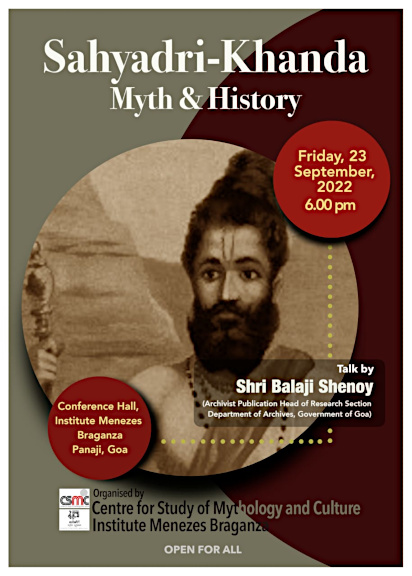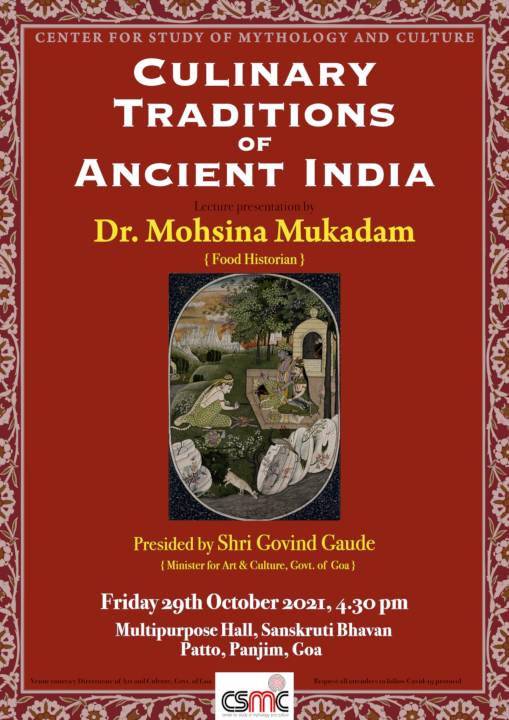The mighty Bhima was passing through the jungle at Hemagiri one day when he heard a commotion. ‘The Jungle is usually a quiet and peaceful place!’ he said to himself. ‘I wonder what is going on here!’ he remarked before drawing himself closer to take a look. As he approached, he heard the trees having an argument.
‘What is the matter?’ Bhima asked one of the trees. ‘Why this ruckus?’
‘It’s a long story Bhima!’ said one of the trees.
‘Tell me the problem,’ said Bhima. ‘Perhaps I can help.’
‘You see,’ began the tree, ‘People have a king and government. There is someone to govern them, defend them and protect them. We trees have no king nor government. We need a king.’ The tree continued. ‘Hmmm…that’s interesting,’ mumbled Bhima. ‘So, what is the problem?’
‘But who ought to be made king? And how do we select a government?’ the tree asked. ‘Well…I can help you solve that problem!’ remarked Bhima. ‘But how? asked the trees in unison.
‘I will try pushing the trees one by one,’ Bhima suggested. ‘The tree that is able to withstand my force surely deserves to be King!’ he remarked. The trees thought that was a splendid idea and encouraged Bhima to begin his selection process immediately. Bhima pushed against one species of each tree to test its might. From Neem to Umbar and Kadamba to Palash, they all groaned and bent under Bhima’s strength, some of them falling over.
But three trees stood tall after having been put through Bhima’s stress test. They were the Tamarind, the Banyan and the Peepal. ‘What now?’ cried the trees. ‘We don’t have a winner! Surely, we can’t have three kings!’
‘Well…let’s go to Lord Brahma and ask him to solve this problem for us!’ suggested Bhima. The trees agreed and sent word to the Creator beseeching him to solve the puzzle. Lord Brahma considered the problem and came up with a unique solution. ‘I appoint Tamarind the King!’ Brahma proclaimed. The trees were puzzled and didn’t understand why Brahma had selected the Tamarind.
‘I appoint Banyan the Minister!’ said Brahma and this time laid bare his rationale. ‘For a king must have a resourceful minister. With its vast network of aerial roots, the Banyan can obtain information from every nook and corner of the earth. That is what a good minister is required to do!’
The trees swayed their branches in agreement. They knew the Banyan would make a wise and effective minister. ‘And I appoint Peepal as a Guard!’ announced Brahma. ‘Whenever the wind blows or a storm approaches, the Peepal shall stand guard and alert the others!’ Satisfied that they too now had an able government in place, the trees thanked Lord Brahma and Bhima for their able assistance. And hence it is that to this day, the leaves of the Peepal tree rustle loudly in the breeze, in deference to the wishes of the Creator.
This is one of the many legends and myths associated with the Peepal Tree. This story comes from a Muria tribal legend. The Murias are a tribe from the Bastar district of Chhattisgarh.
Story Collected by: Mallika Iyer
Source : Brahma’s Hair; On the Mythology of Indian Plants, Maneka Gandhi with Yasmin Singh
Location: Chhattisgarh


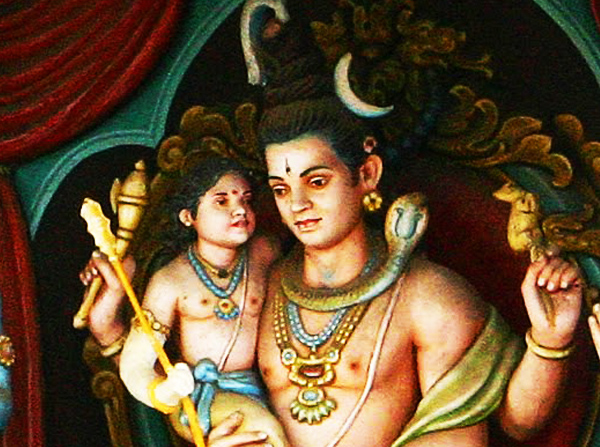






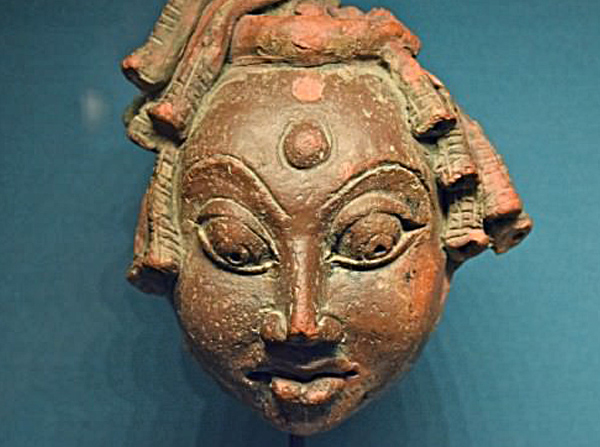
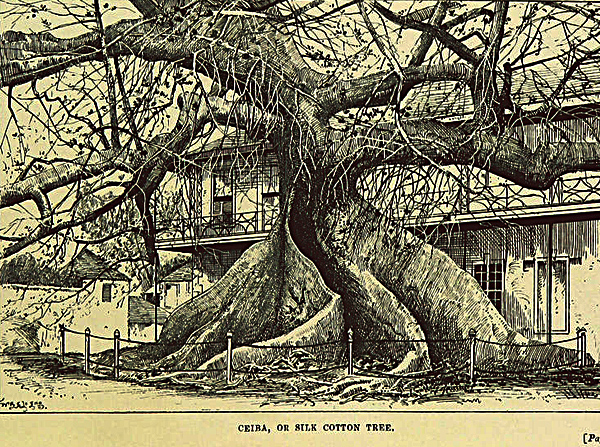 On the slopes of Himawat, once stood a lovely Salmali tree. It was a very large tree under whose shade travellers took shelter, hermits practised penances, birds and butterflies took refuge. It was said that Lord Brahma himself had rested under the shade of the Salmali after he had finished creating the Universe.
On the slopes of Himawat, once stood a lovely Salmali tree. It was a very large tree under whose shade travellers took shelter, hermits practised penances, birds and butterflies took refuge. It was said that Lord Brahma himself had rested under the shade of the Salmali after he had finished creating the Universe.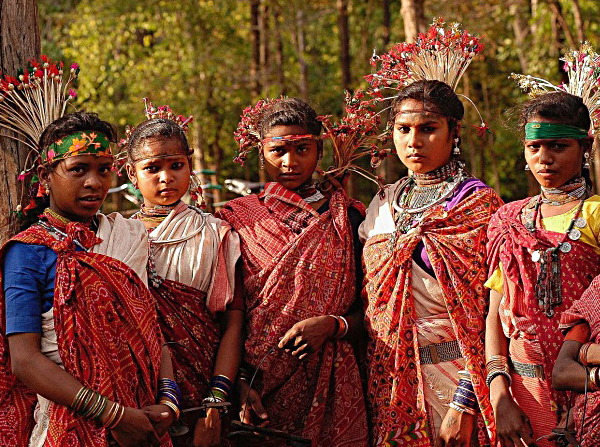 Stories where in the beginning only women lived on earth without companionship of men is found across ancient mythologies. In this women- centric realm, men not only lose their position of power but are relegated to the position of slaves or victims of magic by which they service women in all kinds of jobs. Examples such as Amazonian women in Homer’s Illiad were sought and found somewhere near Lycia. Diodorus mentions that the Amazons travelled from the Libya under Queen Myrina. People living under the rule of women suggest that in ancient cultures, matriarchal systems were the first social order of world. Arab geographers describe a great town in an island in the western ocean, which was free of men. Also similar ideas can be found in ancient Chinese, and Polynesian mythologies.
Stories where in the beginning only women lived on earth without companionship of men is found across ancient mythologies. In this women- centric realm, men not only lose their position of power but are relegated to the position of slaves or victims of magic by which they service women in all kinds of jobs. Examples such as Amazonian women in Homer’s Illiad were sought and found somewhere near Lycia. Diodorus mentions that the Amazons travelled from the Libya under Queen Myrina. People living under the rule of women suggest that in ancient cultures, matriarchal systems were the first social order of world. Arab geographers describe a great town in an island in the western ocean, which was free of men. Also similar ideas can be found in ancient Chinese, and Polynesian mythologies.